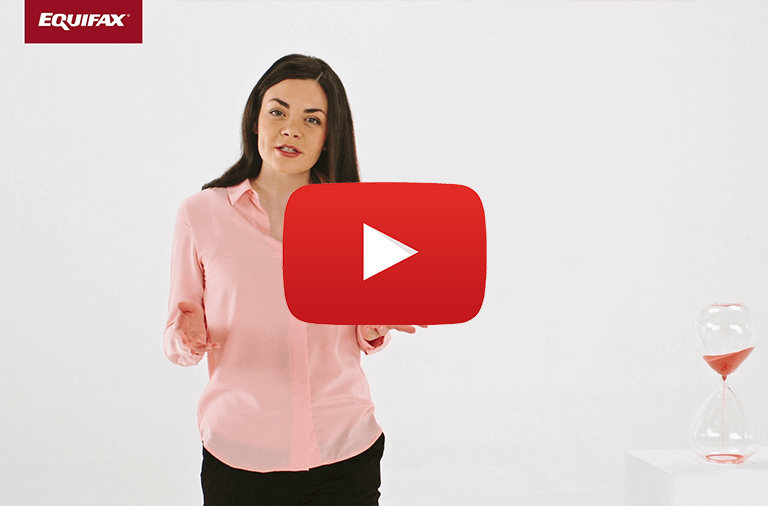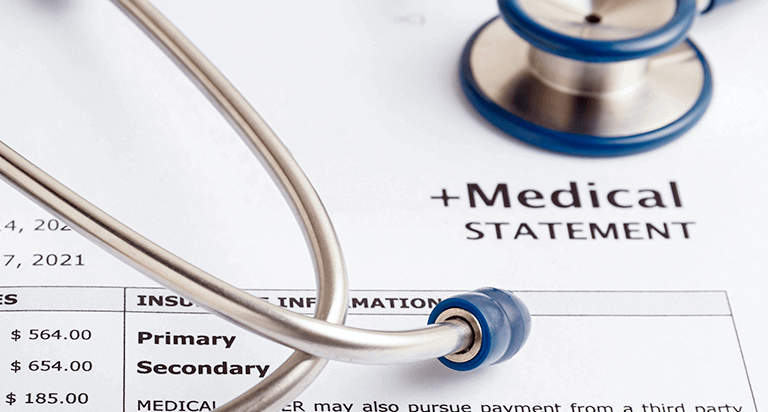Are Misconceptions Affecting Your Credit Scores?


Highlights:
- Your credit scores play a critical role in your ability to access credit.
- It's important to understand how your actions may -- or may not -- impact credit scores.
- Be wary of "credit repair" organizations promising a "quick fix" for credit scores.
Credit scores generally range from 300 to 850, and higher scores may make potential lenders and creditors more confident when evaluating a request for credit. Your credit scores help lenders determine if you qualify for a loan or credit card, and at what terms, so they play a critical role in your access to credit.
It’s important to understand how your credit scores may – or may not – be impacted by your actions. If you’re trying to work on your credit scores, here are 5 misconceptions that may be holding you back.
Checking your credit reports or credit scores will hurt your credit scores.
False. Checking your credit reports or credit scores does not impact your credit scores. In fact, it may actually be a good idea to check them regularly. Checking your credit reports can help give you a view into what potential lenders and creditors may see if you apply for credit, and regularly tracking credit scores can help you understand your overall credit situation, especially if you’re planning to make a large purchase such as a car or a home.
Having a credit card -- but not using it -- can positively impact credit scores.
That depends on multiple factors, including whether you are carrying a balance on the credit card. If it's paid off, it may help lower your debt to credit ratio -- the amount of credit you're using compared to the total amount available to you. In addition, if the credit card is one of your oldest credit accounts, it can help show a longer credit history. Both your debt to credit ratio and the length of your credit history are generally used in calculating credit scores.
But there's a caveat. After a certain period of time, your credit card issuer may close the account for inactivity if the card isn’t used occasionally – which may negatively impact credit scores. Using your credit card for small purchases and then paying the balance in full each month will generate positive payment behavior, however, and will keep the card “active.” Closing a credit card can also impact your score.
Applying for a new credit card will not impact your credit scores.
Usually this is true. Applying for a credit card generally results in a hard inquiry on your credit reports, which can impact credit scores. It’s best to only apply for the credit you need.
Carrying a small balance on your credit cards is a good idea when it comes to your credit scores.
True—Carrying a small balance on your credit cards can affect you in a couple of ways. One, you will likely pay interest on the cards – the price you pay to borrow the money – if you don’t pay them off each month. Also, remember your debt to credit ratio? Lenders and creditors generally like to see a low debt to credit ratio – below 30 percent. If your credit card balances are creeping up, your debt to credit ratio may be as well.
There is nothing you can do about inaccurate or incomplete information on your credit reports.
False. If you see account-related information on your credit reports that’s inaccurate or incomplete, consider contacting the lender. You may be able to straighten out the matter with the company itself, and the company will report the updated information to the credit bureaus. Lenders and creditors reporting inaccurate or incomplete information are responsible for updating it with each bureau they report to. You can also file a dispute for free with the credit bureau or bureaus reporting the information on credit reports. By law, the nationwide credit bureaus have 30 days to investigate your dispute and respond. Visit our dispute page to learn how to file a dispute with Equifax.
Higher credit scores generally result in more favorable loan terms and lower interest rates. Understanding the facts about what will and won’t help credit scores is a good first step.



